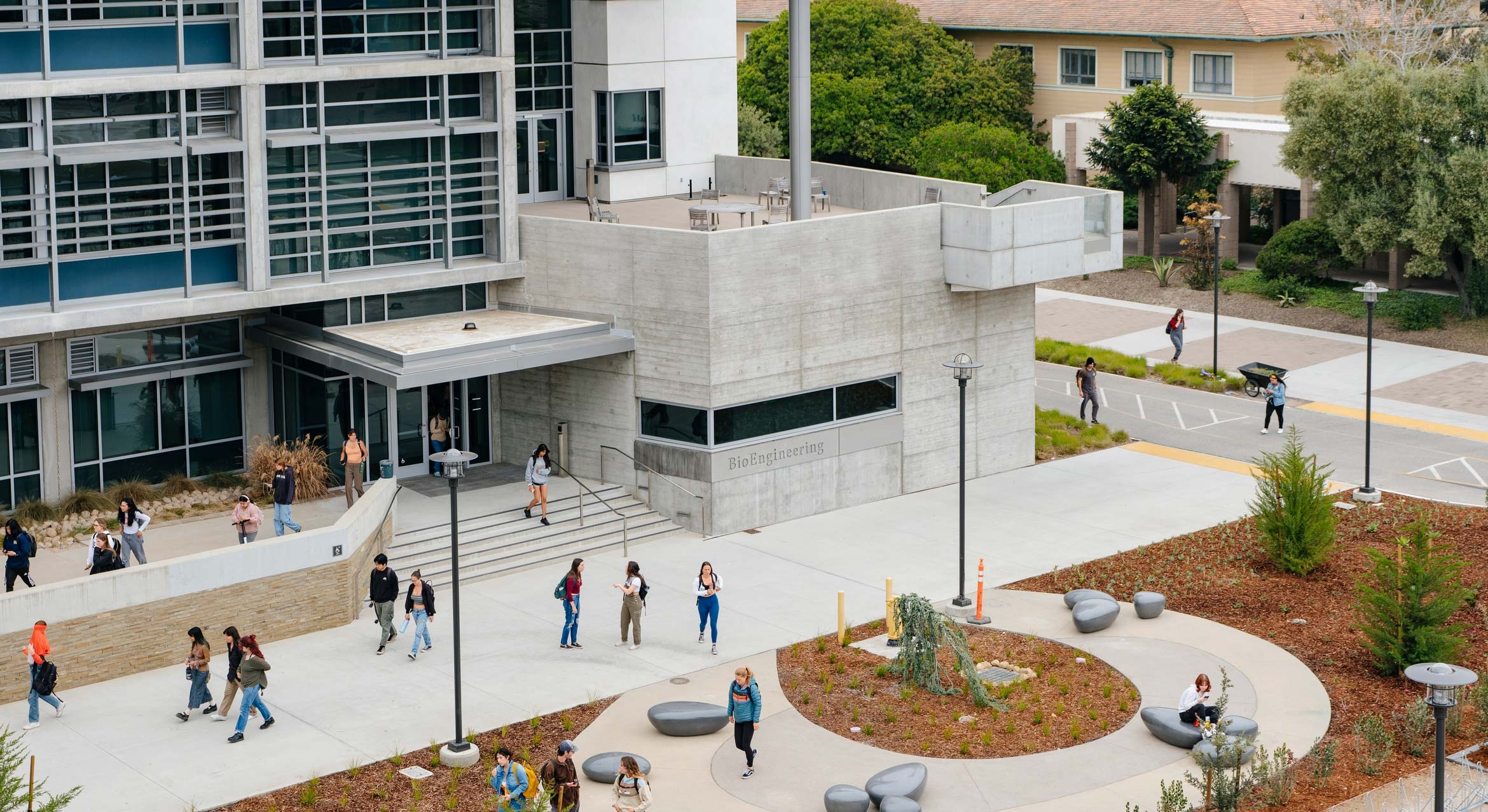A series of short films produced by students in Blue Horizons, UC Santa Barbara's summer program for environmental media, will screen on Friday, August 20, in the campus's MultiCultural Center. The event is free and open to the public.
The screening, which will begin at 7 p.m., will be followed by a brief question-and-answer session and a reception with the filmmakers and program faculty members. Among the subjects covered in the films are a controversial program that allows sea otters to be relocated from their native habitat near Point Conception to the area around San Nicholas Island; Santa Barbara's Mission Creek restoration project and its impact on native species such as steelhead trout; and a tribute to Jacques Cousteau, with scientists, fishermen, filmmakers, and others discussing how Cousteau influenced their lives and work.
"This was our largest Blue Horizons class to date," said Michael Hanrahan, president of The Ocean Channel. He co-founded Blue Horizons with Constance Penley, professor of film and media studies at UCSB. Nineteen undergraduate and graduate students–– many of them first-time filmmakers –– worked independently or in teams, each producing a five-minute film.
"One of the central goals of Blue Horizons is to nurture an army of science communicators –– marine science, optimally –– that have the digital skill set to communicate important research to a public audience," said Hanrahan. "The tag line for the program is ‘Using Media to Communicate Vital Stories of the Global Ocean,' and that's what this group is doing. They're tackling complex issues that could easily result in hour-long films, but doing it in five minutes."
Blue Horizons is a nine-week summer program that brings together students interested in digital media production and environmental studies to learn about important issues of the global ocean from a local perspective. A coordinated series of interdisciplinary courses and related activities introduces students to scriptwriting; media portrayals of the environment; biological, socioeconomic, and political aspects of marine conservation; and the latest innovations in environmental filmmaking.
The work provides a foundation for the research required to produce an informative film. Students in the program become proficient in communicating effectively with their peers, policymakers, and the general public by producing short, compelling videos. Participants also study the techniques of digital video camera operation, sound gathering, lighting, and of film editing with the industry standard Final Cut Pro software.
Related Links
Blue Horizons
Carsey-Wolf Center for Film, Television, and New Media



